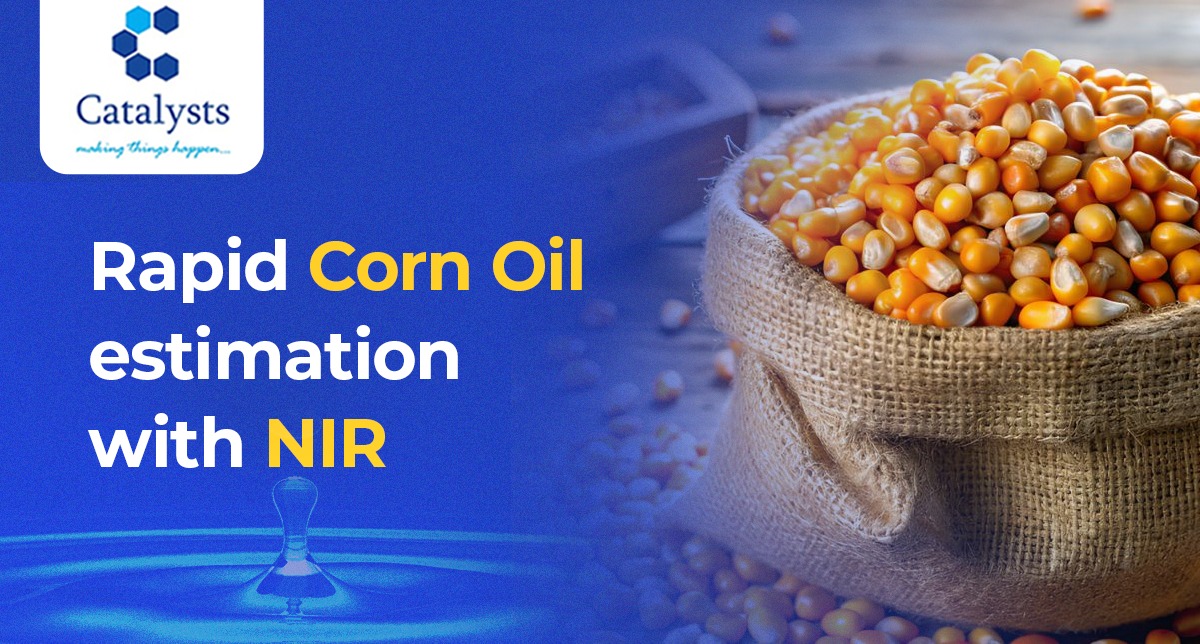
Enzymes are indispensable in a range of industrial applications, playing
a pivotal role in processes such as sugarcane processing, ethanol fermentation,
and industrial and craft brewing. In the sugarcane industry, enzymes are
harnessed to streamline the extraction of sugar from sugarcane juice, boosting
overall yield and product quality. Their ability to break down complex
carbohydrates simplifies the separation of sucrose, facilitating efficient
sugar production.
Importance of Industrial Enzymes:
Enzymes have revolutionized many industrial processes by offering
several advantages:
1. Efficiency: Enzymes significantly increase the speed of chemical
reactions, leading to faster production times and reduced energy consumption.
2. Specificity: Enzymes are highly specific, often targeting a single
substrate or reaction. This precision minimizes unwanted byproducts and waste.
3. Mild Conditions: Enzymes work at mild temperatures and pH levels,
reducing the need for harsh chemicals and high-energy inputs.
4. Biodegradability: Enzymes are biodegradable, making them
environmentally friendly and sustainable alternatives to chemical catalysts.
Applications of Industrial Enzymes:
1. Food and Beverage: The food industry utilizes enzymes extensively.
For instance, proteases aid in cheese production, amylases convert starch into
sugars in baking, and pectinases clarify fruit juices. Enzymes improve taste,
texture, and shelf life while reducing production costs.
2. Detergent Manufacturing: Enzymes are key components in laundry
detergents. Proteases break down protein stains, lipases tackle fatty residues,
and amylases target starch-based stains, resulting in cleaner and stain-free
clothes.
3. Textile Industry: Enzymes are used to soften fabrics, remove
impurities, and create distressed denim effects. Cellulases, for example, help
achieve the desired finish without the need for abrasive chemicals.
4. Biofuels: Enzymes play a vital role in biofuel production. Cellulases
break down cellulose from plant materials into fermentable sugars, which can
then be converted into bioethanol or biodiesel.
5. Pharmaceuticals: Enzymes are essential in pharmaceutical
manufacturing. They are used to synthesize drugs, produce antibiotics, and even
conduct genetic research and diagnostics.
6. Paper and Pulp Industry: Enzymes like xylanases and cellulases are
used to break down lignin and hemicellulose in wood, making the pulping process
more efficient and environmentally friendly.
7. Waste Treatment: Enzymes are employed in wastewater treatment to
break down organic pollutants, improving the quality of water discharged into
the environment.
8. Ethanol
Fermentation:
As mentioned earlier, enzymes are crucial in ethanol fermentation, where they
convert sugars into ethanol and carbon dioxide, serving as a cornerstone of
biofuel production.
Ethanol fermentation relies heavily on enzymes to convert raw materials,
like molasses and grains, into ethanol. These catalysts expedite the breakdown
of starches and intricate sugars into fermentable sugars, allowing yeast to
transform them into ethanol. This process is central to the production of
biofuels and alcoholic beverages, both on an industrial scale for ethanol
production and in craft brewing for beer production.
In the realm of industrial and craft brewing, enzymes serve diverse
functions, including optimizing the mashing process, enhancing filtration, and
improving flavor profiles. They accelerate the conversion of starches into sugars
during mashing, leading to higher alcohol content and better beer quality.
Additionally, enzymes are employed to eliminate undesirable compounds,
enhancing the clarity and stability of the final product. Enzymes are a
cornerstone of brewing, whether in large-scale industrial facilities or smaller
craft breweries, as they elevate production efficiency and product quality.
In conclusion, enzymes have revolutionized industrial processes across
various sectors by providing efficient, specific, and eco-friendly solutions.
As technology continues to advance, the use of industrial enzymes is likely to
expand, paving the way for more sustainable and environmentally friendly
production methods. These tiny biological catalysts remind us that sometimes,
the smallest things can have the most significant impact on our world.
Recent Posts

Rapid Corn Oil Estimation with Near-Infrared Spectroscopy: An Effective Analytical Technique with Ne
Explore the effectiveness of near-infrared spectroscopy in rapidly estimating corn oil, providing new perspectives and enhancing analytical techniques in agriculture.

GC-FID: A tool for analysis of FAMEs in corn oil
Explore GC-FID, the essential tool for accurate FAME analysis in corn oil. Unlock detailed insights and improve your research outcomes today.

The Role of Enzymes in Maize-to-Ethanol Fermentation
With the rising demand for renewable energy sources and sustainable fuel alternatives, ethanol production has gained significant momentum worldwide. Ethanol, also known as bioethanol, is a biofuel commonly used as a renewable alternative to fossil fuels. One of the most popular feedstocks for ethanol production is maize (corn), primarily due to its high starch content, wide availability, and suitability for large-scale production.
Catalysts Connect
Keep up to date with our latest news and analysis by subscribing to our regular magazine and newsletter

Post a comment
Your email address will not be published.